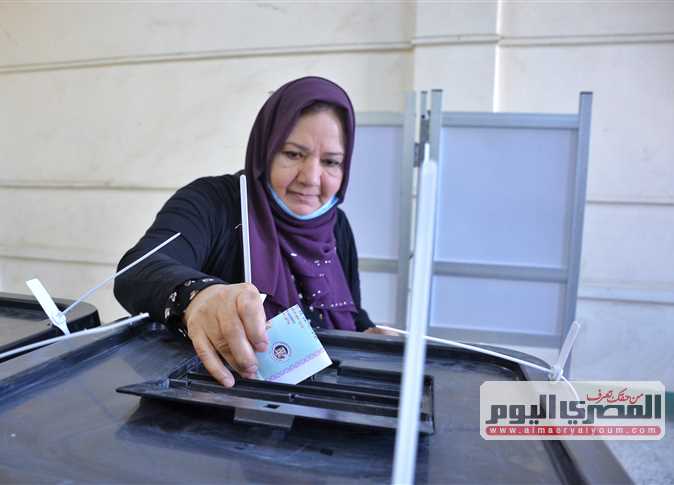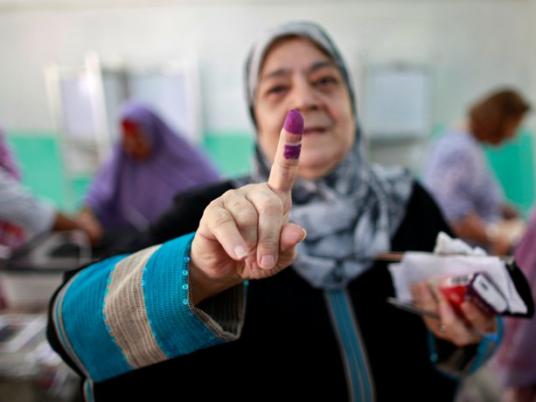The Muslim Brotherhood is internally divided over whether women and Copts should be allowed to run for president. The debate emerged as a number of MB leaders are in the process of revising the political party platform before presenting it the public in its final form. The groups said that the head of its new Freedom and Justice Party will be selected by the party’s general assembly.
A number of the Brotherhood’s leaders want to remove a part of the platform that rejects the eligibility of Copts or women to run for president. However, another faction is in favor of the ban.
A source close to the group’s guidance bureau said they are looking for a way to amend some of the articles of the platform that was first drafted and presented to intellectuals and political elites a few years ago.
The source, who preferred to remain anonymous, told Al-Masry Al-Youm that the most controversial article up for debate is the one relating to the nomination of women and Copts to the presidency.
Shadi Al-Bayoumi, Brotherhood deputy supreme guide, said that the group is carefully reviewing its party platform before announcing it to the public. Al-Bayoumi noted that no decisions have been made yet regarding possible changes.
Saad Al-Husseini, guidance bureau member, said the platform review was prompted by recent political developments inside and outside Egypt.
“We will deal with the Muslim Brotherhood party platform in light of the events and changes [in the political situation] because life changed a lot and everyone must admit this. The situation before 25 January is very different from the situation after 25 January.”
Al-Husseini said the Brotherhood “will present an ambitious program that aims at Egypt’s development. The program will cover all realms and the [Freedom and Justice Party] will be open to all, including Copts.”
Mohammed Saad al-Katatni, a member of the guidance bureau who was selected as deputy founder of the Freedom and Justice Party said that “the party’s president will be elected by the party’s general assembly when it is formed. My job now is to take the legal and administrative steps to found the party.”
With regards to whether he will leave his position in the guidance bureau after having been selected as the party’s deputy founder, al-Katatni said that “when the party is established and I am part of it, I will leave my position in the MB. We are currently in a temporary situation.” Al-Katatni refused to reveal details of how he was selected as the party’s deputy founder, noting that this is an “internal affair.”
The Muslim Brotherhood is legally banned as political group in Egypt but has participated in elections by fielding candidates as independents. The Brotherhood had made an attempt to draft a party platform in 2005. The draft included various controversial articles, including the one banning women and Copts from running for president.
In a statement issued yesterday, the group said it believes that freedom is an obligation in Islam. In previous decades, however, “corrupt” Arab regimes confiscated these liberties and had to succumb to big powers and seek their aid. This was one of the reasons behind popular revolutions in the region, which the group says seek liberation from tyranny at home and from enslavement to foreign powers.




